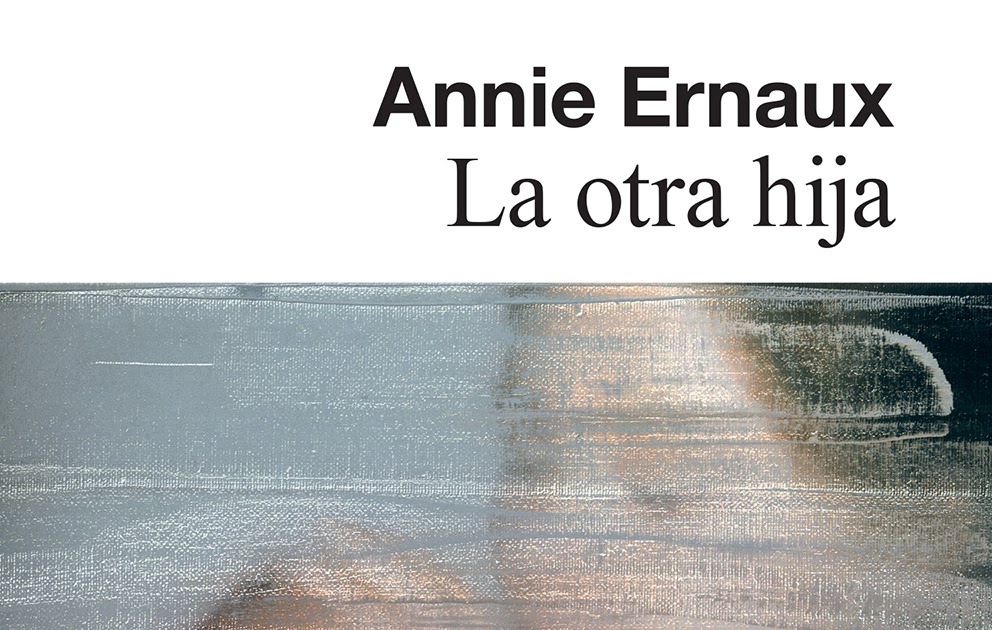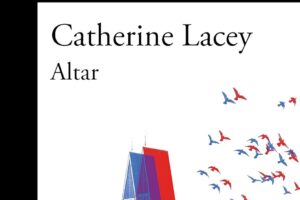
Original language: French
Original title: The other girl
Translation: Lydia Vázquez Jiménez in Spanish for Cabaret Voltaire
Year of publication: 2023
Valuation: highly recommended
In the often criticized field of autofiction (also sometimes called “literature of the self”, a name that I don’t quite like because it has a certain egocentric trait), there are cases and cases. Because although there are authors who try to build a literary work around themselves based on some event without special relevance, there are other occasions in which the author’s life is so broad, rich and nourished by events that it is inevitable that his work turns around them but that expands and reaches us until we even make them ours through empathy or confluence. Still, even in those cases, the literary quality will depend, not only on the story itself, but on the vision you want to give it, the breadth of your vision, the scope of what is exposed and where you want to go with it. it. And of course, Annie Ernaux, she has a lot to tell, and it is undeniable that she knows very well how to do it.
In this book based on the author’s own experience (like most of them), Ernaux narrates a key episode in her life: the discovery, at the age of ten, not only that she was her parents’ second daughter, but also that her sister died before she was born. Thus, she discovers that she had a deceased sister, although she did not consider her as such when she learned of her existence because, as she tells in this book in the form of a letter that she writes to her sister, “according to the civil registry, you are my sister (…) but you are not my sister, you never were. We haven’t played, eaten, slept together. I never touched you, I never kissed you. I don’t know what color your eyes are. I’ve never seen you. You have no body or voice, you are just a flat image in a few black and white photos (…) you had been dead for two and a half years when I was born. And that reality moves and disturbs her, because it is difficult and terrible to realize that “already dead, you entered my life in the summer of my ten years.”
With this harshness she exposes the bewilderment in the presence of a constant absence and the author is especially forceful about the moment of her revelation when, accidentally, she overhears her mother talking to a friend of her daughter who died of diphtheria at the age of six. , a daughter about whom Annie had not been told anything “so as not to upset her” and about whom she hears her mother say that she was “gooder than her.” Two words, “more good”, that hurt, that hurt, that eat away at a girl of only ten years old, who is compared to a deceased sister and that cause the author to affirm that “between my mother and me, two words. I made her pay dearly »and the confirmation of not being an only child, of being aware that she« had lived in a world of illusion. I was not unique. There was another one, coming out of nowhere. So all the love she thought she was receiving was false. A marked absence that she notices in her parents, in her looks, in her state, when she notes, reviewing old photos of her parents shortly after she was born, clearly perceiving that “you are there, among them, invisible. You are her pain »and, being her pain, it causes an emotional barrier to be established between them, a schism with respect to her parents because she «could not or did not want to (…) enter into their pain . It was before me, foreign to me. “It excluded me.”
With this story, Ernaux details the difficulty and sadness of living in the shadow of a sister whom she never met, but who lived at the same time as her in the hearts and memories of her parents. A silenced sister, although eternally omnipresent, wrapped in a silence that also protected them, because “they put you out of the reach of my curiosity, which would have destroyed them,” although “I don’t blame them for anything. The parents of a dead child do not know what the pain of him produces in him who is alive. And, despite this, the author writes this book with certain doubts about her intention, perhaps to understand what happened, perhaps because she misses her sister, perhaps to close a circle without being clear about her intention in doing so until the point that he considers and questions whether “am I writing to you so that I can resurrect you and kill you again?” Maybe it’s something simpler than that, maybe it’s something purer, maybe “writing to you is nothing more than that, confirming your absence” and, in a way, also missing it.
Source: https://unlibroaldia.blogspot.com/2024/02/annie-ernaux-la-otra-hija.html


